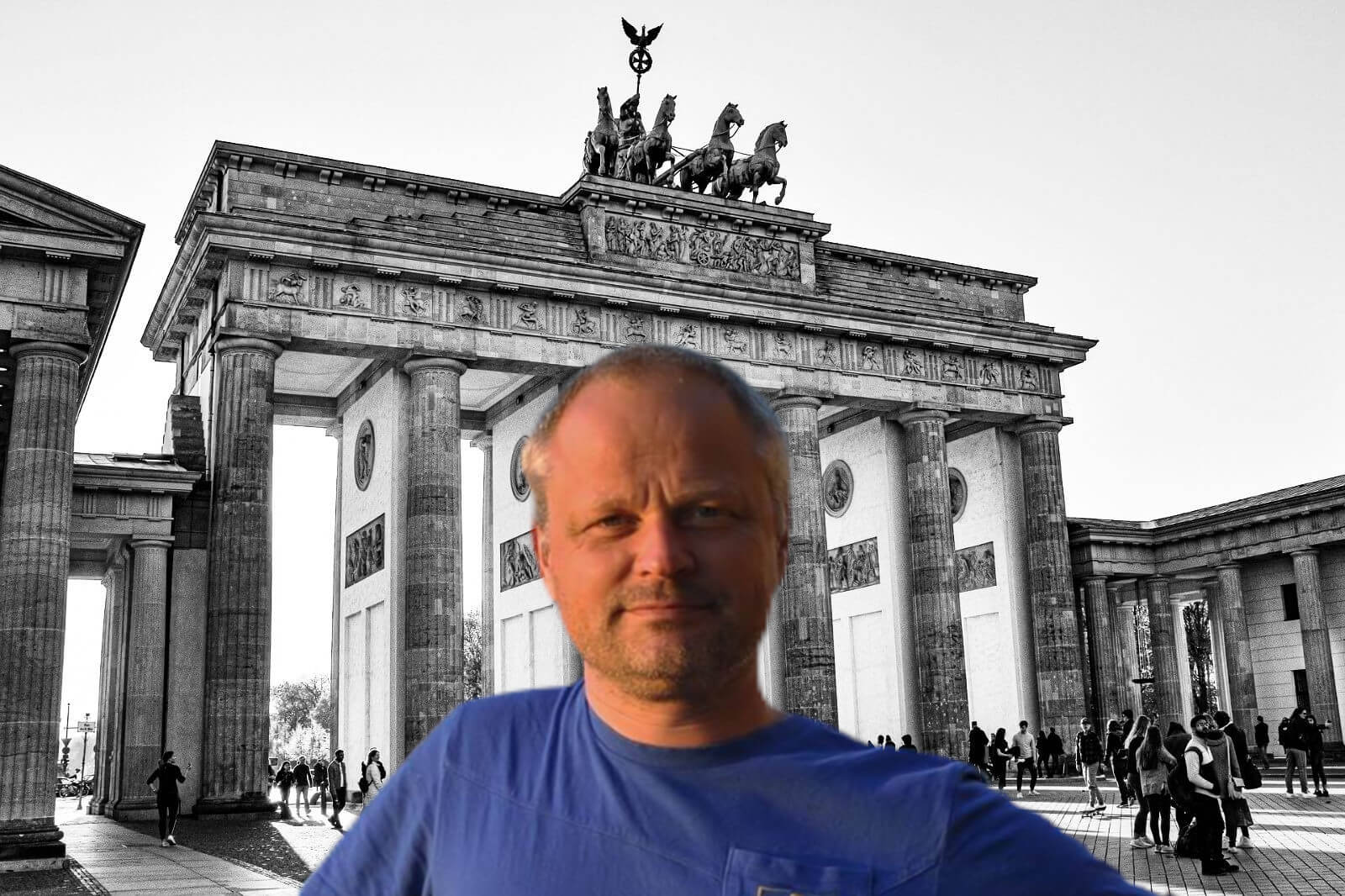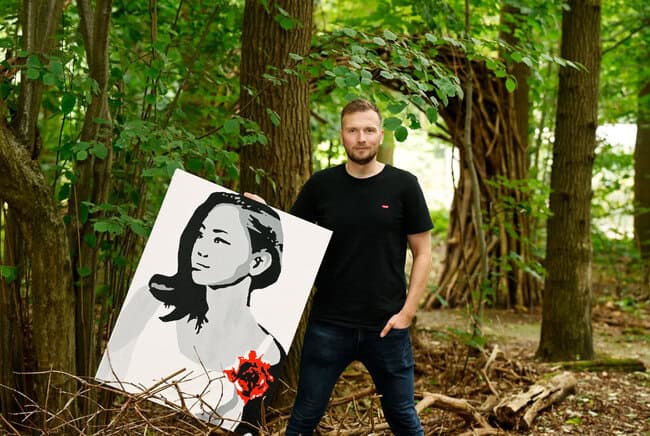
One day after we wrote this article (see below) about the fact that biotechnology company Curevac and major shareholder Dietmar Hopp said “no” to a potential takeover by the US, the EU decided to support the company which is working on a vaccine against COVID-19 with a credit of up to €80 million. Hopp (also known from the Hoffenheim football club and founder of software group SAP) announced today that there could be a vaccine as early as autumn. The company wants to start clinical trials in June.
“The EU has supported the company’s research early on and will now finance it again. It’s crucial to find as soon as possible the vaccine that will help the whole world. We are determined to provide Curevac with the financing it needs to quickly scale up development and production of a vaccine against the coronavirus. I am proud that we have leading companies like Curevac in the EU. Their home is here. But their vaccines will benefit everyone, in Europe and beyond.”
According to Von der Leyen, if CureVac succeeds in producing a vaccine, “millions of vaccine doses could potentially be produced at low costs.”
German Chancellor Angela Merkel stated on Monday that she doesn’t want to waste any more time discussing any overtures from the US.
Commissioner @GabrielMariya and I spoke with @CureVacAG, a company doing highly innovative research on vaccine against the #coronavirus. The EU has supported the company’s research early on & will now finance again. Crucial to find asap the vaccine that will help the whole world.
— Ursula von der Leyen (@vonderleyen) March 16, 2020
Pharmaceutical companies visit the White House
Over the past two weeks there was a lot of commotion about a visit of the German biotech company Curevac to the White House. Along with a whole bunch of other pharmaceutical companies, Donald Trump sought information about possible vaccines against the COVID-19 virus. It triggered speculation about the intentions of the American side, culminating this weekend in a report in the German media outlet ‘Welt am Sonntag’‘ that the US wants to take over the company. And not only that. It is alleged that the Americans wanted to keep the corona vaccine to themselves.
Fortunately, the coverage turned out to be grossly exaggerated. Curevac as well as the largest shareholder Dietmar Hopp and the German Ministry of Health denied outright that this was the case. What’s more, a takeover could be blocked, according to the Ministry of Economic Affairs.
CureVac focuses on the development of a mRNA-based coronavirus vaccine to protect people worldwide. We abstain from commenting on speculations and rejects allegations about offers for acquisition of our company or our technology.
To our press release: https://t.co/DQGWgdcUJc— CureVac (@CureVacAG) March 15, 2020
This last point in particular is reassuring, as companies all over Europe are developing vaccines and drugs to combat COVID-19. And in all these countries there are laws that can block takeovers if it is in the public interest. In Germany, this has been especially relevant since the takeover of the Kuka robot manufacturer by a Chinese company, which subsequently raised serious doubts due to Kuka’s substantial knowledge and capabilities.
Biotechnology
This applies to Curevac as far as the biotechnological field is concerned. Not for nothing did Minister of Economic Affairs Peter Altmaier say on Sunday evening in ‘Bericht aus Berlin’ (political news program on German public television) that he found Curevac’s decision to block any such takeover “terrific.” Altmaier: “We will make sure that Curevac receives the support it needs. Germany is not for sale. And when it comes to important infrastructure and national and European interests, we will act if we are forced to do so.”
“Deutschland steht nicht zum Verkauf” (‘Germany is not for sale.”) – according to @peteraltmaier #CDU on #BerichtausBerlin in reaction to a suggested standoff with the USA regarding Impfstoff. #Coronavirus #CureVac pic.twitter.com/lQe6jWTIW2
— Bericht aus Berlin (@ARD_BaB) March 15, 2020
Dozens of companies and universities are working on vaccines for Corona
Curevac is working with the Paul-Ehrlich Institute on the development of a vaccine. Needless to say, it’s not the only party working on a cure for corona. There are dozens of them, ranging from very large companies such as Johnson & Johnson and Gilead Sciences, to numerous smaller ones, which are all going down various routes to produce a vaccine.
For example, on Innovation Origins this weekend you could read about Erasmus MC and Utrecht University here in The Netherlands who have found an antibody against COVID-19. In China, according to the China Morning Post, eight institutes are working on five separate methods for a vaccine. The American company Novavax has joined forces with the University of Queensland in Australia. The German University of Marburg is also working on a vaccine. The same applies to the pharmaceutical company Janssen and the University of Oxford.
Then there are biotechnology companies such as CureVac, Moderna, Inovio and ConeaRX. Who base their search for vaccines on what is referred to as mRNA technology. The “m” stands for messenger and RNA for ribonucleic acid. This is a molecule that plays an important role in the body concerning the transfer and coding of genes. Viruses are also able to use mRNA to reproduce. For a vaccine, the trick is to supply the mRNA with the information from a modified corona protein. With a bit of luck, this will trigger an immune reaction and the body subsequently defends itself with antibodies.
More IO articles about COVID-19 can be found here.








